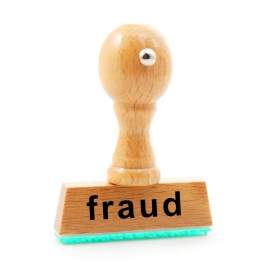
Understanding the Power of Attorney

When a principal agent relationship is created based on an arrangement of a contract, the power of attorney rights are automatically conveyed to the agent. The power of attorney held by the agent, is clearly specified within the contract on how to act on behalf of the principal. The agent in this case may also be referred to as an attorney-in-fact. The term attorney-in-fact has been implemented to decipher between them and attorneys of the law. The fact is represented by the fiduciary duty labeled based on the facts of the contract arranged.
The power of attorney is usually stated separately from the contract. This is due to the fact that others are to be shown that the agent has the right to act on behalf of his or her principal. Although the general power of attorney may be either written or oral, most entities require it to be in writing. When an attorney-in-fact, the agent has to be completely loyal and honest with his or her principal. There are many examples of principal agent relationships within real property law.
Power of attorney is granted to a real estate broker to place offers on a house, when the principal is buying; or when accepting an offer on behalf of the principal, when the principal is the seller. An attorney becomes the agent when overlooking and creating the various contracts required, since the principal may not have the knowledge to do so, hence he relies on the attorney while the attorney is being compensated.
General power of attorney can be granted in most circumstances. For each industry, there are specified state laws regarding the guidelines on the ethical and procedural behavior the power of attorney must abide by. Each agent within various industries, are specialized, that is the benefit of why principals seek agents to perform their duties based on credentials and competence. The power of attorney will automatically be revoked upon the death of the principal, or if he or she become mentally ill.
The only exception to such revocation is if it is clearly stated within the contract, that the agent was granted a "durable" power of attorney, in which there is no revocation involved. Majority of the time, it is more than beneficial for the agent to have insurance when catering to fiduciary duties towards others. This is in case the principal feels as if there was a breach of contract in where the agent had performed acts which were not specifically stated within the contract. The outcome would be a lawsuit in which in the best interest of the agent is to obtain insurance covering his or her agent responsibilities.
NEXT: Unenforceable Contracts


















